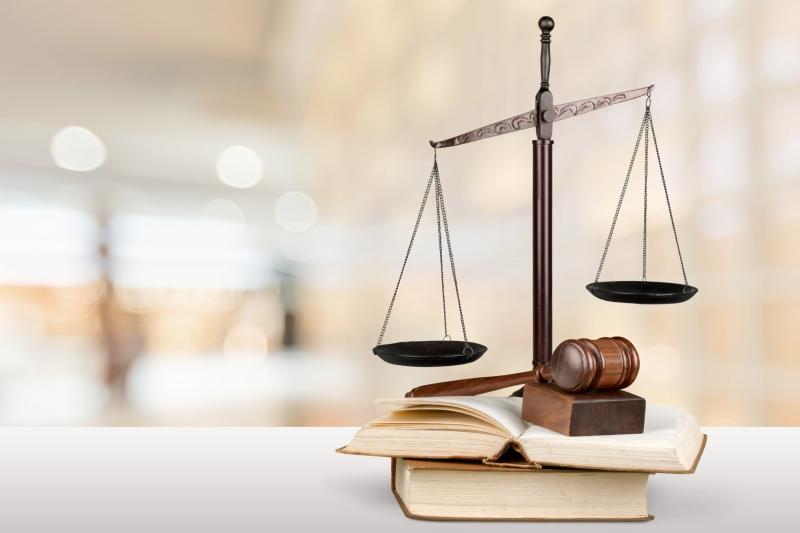What the Discovery Process Actually Looks Like in a Court Case

Did you know that in 2020, only 2% of cases in the federal criminal justice system went to trial? While it’s true that jury trials are declining, it doesn’t mean they’re non-existent. If your court case goes to trial, it’s on you to take adequate steps to avoid a guilty verdict.
One crucial aspect of jury trials is the discovery process. This process can make or break your case, depending on how well you execute it. That’s why it’s vital to understand the entire discovery process to steer your case in the right direction.
In today’s post, we’ll be looking at what the discovery stage is, and how it works.
What Is the Discovery Process?
The discovery stage, or process, follows the initial stages of court cases. During the discovery phase, both the plaintiff and defendant gather and build evidence for their arguments. It involves collecting information that would otherwise not be readily available to the public.
It also helps narrow the focus of litigation issues in the case. Anything that counts as credible evidence is worth collecting in the discovery stage.
Common Aspects of the Discovery Stage
The plaintiff and defendant can use various methods to gather evidence for their arguments. Some of the most common methods for this include.
Depositions
Depositions are among the most popular deposition tools in court cases nationwide. With depositions, witnesses or any other party answer questions under oath.
The interested party will request a deposition through an attorney. The individual being deposed will visit the attorney’s office for the deposition. A court reporter will note down the questions and answers throughout the deposition.
It’s crucial that individuals give truthful answers all through the deposition. Any contradictory statements may be grounds to impeach the witness’s credibility.
Request for Document Production
It’s common for the interested party to request specific documents from their attorney. These documents act as evidence. The law compels the opponents or any other party to produce the documents if they contain information that might be relevant to the case.
Interrogatories
Interrogatories are a set of questions that one party asks the opposing party. The answers given must be consistent with those the opposing side gave during the trial. Otherwise, their argument might lose credibility.
Requests for Admission
In court cases, the plaintiff gives the court a specific narrative of the occurrence. The defendant will give their version of the story to dismiss the plaintiff’s assertions. The narratives aren’t too different but only differentiate on a few crucial points.
For instance, in a COVID work death, the defendant might argue that the worker didn’t exhibit any COVID symptoms. The plaintiff might argue that the worker did. Admissions help narrow down the points where both parties agree and the points of contention.
The Discovery Process Made Easy
The court discovery process is a crucial pre-trial aspect of any court case. The discovery process has a significant impact on the outcome of the case litigation. An experienced attorney should help you navigate the convolutions of court discovery to help your case.
Don’t forget to check out the other posts on the site for more informative reads.
More to Read:
Previous Posts:










